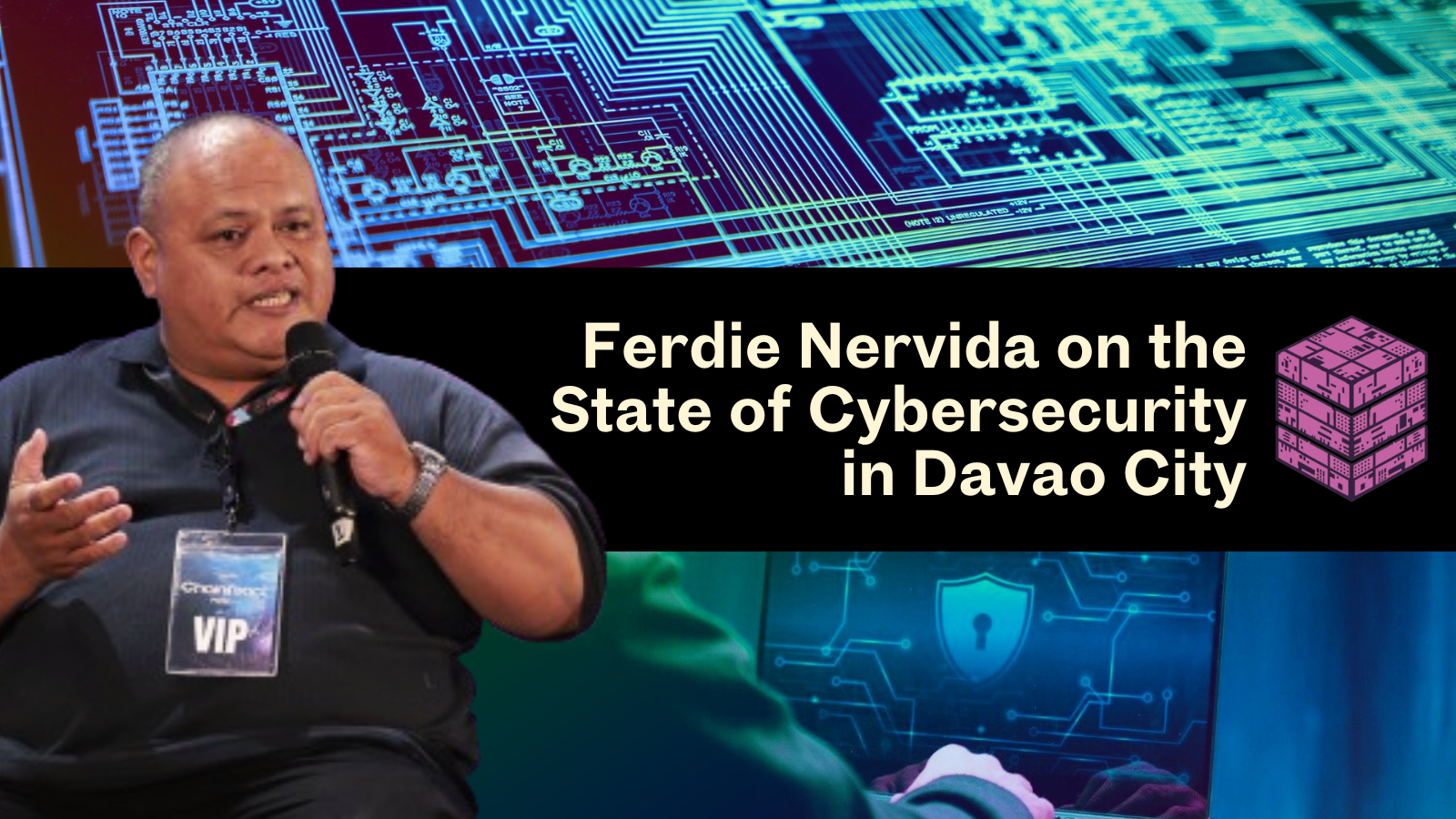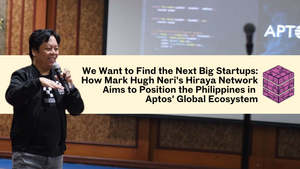Blockchain investigator and cybersecurity adviser Ferdie Nervida explains why human error remains Davao’s biggest vulnerability and how grassroots education can change that.
Ask Ferdie Nervida about Davao City’s biggest cybersecurity risk, and his answer might surprise you. It’s not ransomware or zero-day exploits. For this veteran investigator and adviser, the most persistent threat lies in how people interact with technology.
“Even the most secure network can be compromised if a single employee clicks on a malicious email.”
Despite the city’s critical information infrastructures being generally well-defended, the human factor remains the weakest link.
Nervida, founder of the Blockchain Practitioners Association of the Philippines and a TEDx speaker, emphasizes that cybersecurity lapses are often due to a lack of awareness rather than technological failings. His proposed solution is both simple and practical:
“Annual, non-technical cybersecurity awareness training for all personnel. Because technology can only protect us as much as people understand how to use it safely.”
Affordable Security: Practical Steps for Growing Companies
For small and medium-sized businesses (SMEs) with limited resources, Nervida advocates for a back-to-basics approach.
“Good cybersecurity isn’t always about expensive tools. It’s about making security a habit across your team,” he says.
He outlines three cost-effective practices that provide significant protection:
- Use strong, unique passwords.
- Enable two-factor authentication everywhere.
- Conduct regular, practical staff training sessions focused on phishing and social engineering.
Keeping software up-to-date is another critical yet often overlooked measure. These foundational steps, according to Nervida, form the first line of defense against cyber threats, making enterprise-level security accessible even to budget-conscious organizations.
Building a Cybersecurity Future in Davao
Looking ahead, Nervida sees a bright future for cybersecurity professionals in Davao City. With its strong academic institutions, the city has the potential to become a hub for emerging cybersecurity talent.
“While cybersecurity isn’t yet a full college program, interested individuals can start by joining online communities where real-world practitioners gather.”
He encourages aspiring professionals to explore different paths, whether the red team (offensive), blue team (defensive), or certification tracks from global leaders like Google, IBM, and Cisco.
He also points to ongoing government initiatives that aim to formally recognize cybersecurity expertise through civil service eligibility, underscoring the growing importance of the field.
The Continuous Learning Imperative
Nervida’s parting advice is a caution against complacency.
“Cybersecurity is a fast-moving, knowledge-based industry. You can’t afford to stop learning.”
For those eager to enter or advance in the field, curiosity and continuous skill development are non-negotiable.
In a city where the technological defenses are strong but the human element remains vulnerable, Nervida’s message is clear: cybersecurity starts with education, vigilance, and a commitment to lifelong learning.
If you would like to contact Ferdie James Nervida, you can find all his details on his website. Nervida offers workshops, trainings, and speaking engagements on the following:
- Blockchain Fundamentals & Web3 Adoption
- Cryptocurrency Crimes and Case Studies
- Blockchain Forensics & Threat Intelligence
- Cybersecurity Awareness for Government, Private Sector, and Schools
- Leadership and Personal Development (TEDx-style)
- Policy, Regulation, and National Security in the Digital Age










